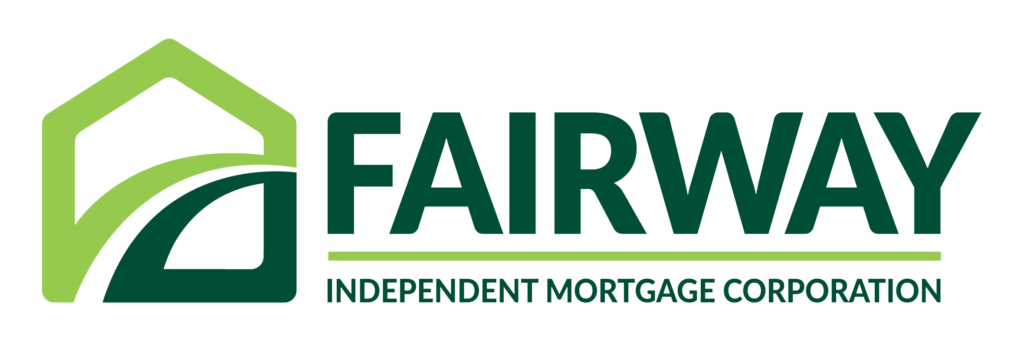Reverse Mortgages and Home Equity Vs. Cash in Retirement

Let’s talk about one of the most confusing aspects of a reverse mortgage loan- home equity. Most people are concerned about the equity in their homes, and too often, they view a reverse mortgage with the fear of losing that equity. Equity is the value of something (e.g., the value of shares in a company, the net worth of your home or any saleable asset, etc.) A reverse mortgage is just an efficient and flexible way to turn the equity in your home into cash. It’s that simple.
Most of us have worked hard our whole life and have poured thousands of dollars, sometimes more than 30-40% of our gross wages, to pay off our mortgage. Home equity is good, and when we have equity in our home, and the mortgage is paid off, the payments stop, and that is the goal for most of us. We even celebrate the event with mortgage burning parties in some instances. Yes – home equity is good, but in our retirement years, cash is better!
Picture home equity as a massive pile of $100 bills locked up in a clear vault that you can see, but you can’t get to it. It’s nice and perhaps reassuring to look at, but can you spend it? No – you have to convert it to cash, and there are only two ways to do that other than using a reverse mortgage:
- You can sell the home - With this option, you are still faced with the cost of a place to live.
- Borrow against it - What happens when you borrow against your property (e.g., a home equity line of credit), when you pull money out?
The answer, you are required to make monthly payments on the amount of cash you access. We are not in charge of our equity - bankers and buyers are! A reverse mortgage can allow you to stay in your home, convert some of that equity into cash, and not be strapped with monthly mortgage payments, except for taxes, insurance, and maintenance.
What about those homeowners focused solely on having a paid-for home that they can pass on to their kids? Guess what? The kids don’t want the house! They want the cash from the house. In many cases, they could benefit more from having that money now when they are buying homes of their own, or paying for college, or have other financial needs. Instead of making payments to build home equity now. Why not convert some of that equity into cash and gift some of it to your kids and grandkids. You will be not only able to witness the benefits of your gifts but also be able to dispense your wishes and wisdom on how the money is used. Why not give with a “warm hand” now versus a “cold hand” when you are gone?
A reverse mortgage can be complicated, but for homeowners age 62 or better and either in or nearing retirement, it is the best way to turn some of that equity we have stored in our home into needed cash. You have reverse loan options of either a lump-sum distribution, monthly income payments made directly to you, a non-cancelable line of credit that is guaranteed to grow, or a combination of these. And, since a reverse mortgage is payment optional, you are not required to make monthly payments on any cash that you access. You have to: 1) occupy the home as your primary residence; 2) pay the taxes and insurance, and; 3) maintain the property, including paying HOA dues, if applicable.
Home equity is good, but it is no substitute for cash and cash flow, especially in retirement.
Contact your local reverse mortgage loan officer to learn more about how a reverse mortgage might be an excellent option for you and your heirs in achieving your goals in retirement planning. You can also use our free reverse mortgage calculator (no personal info required) to see what you may qualify for.
December 7, 2018

